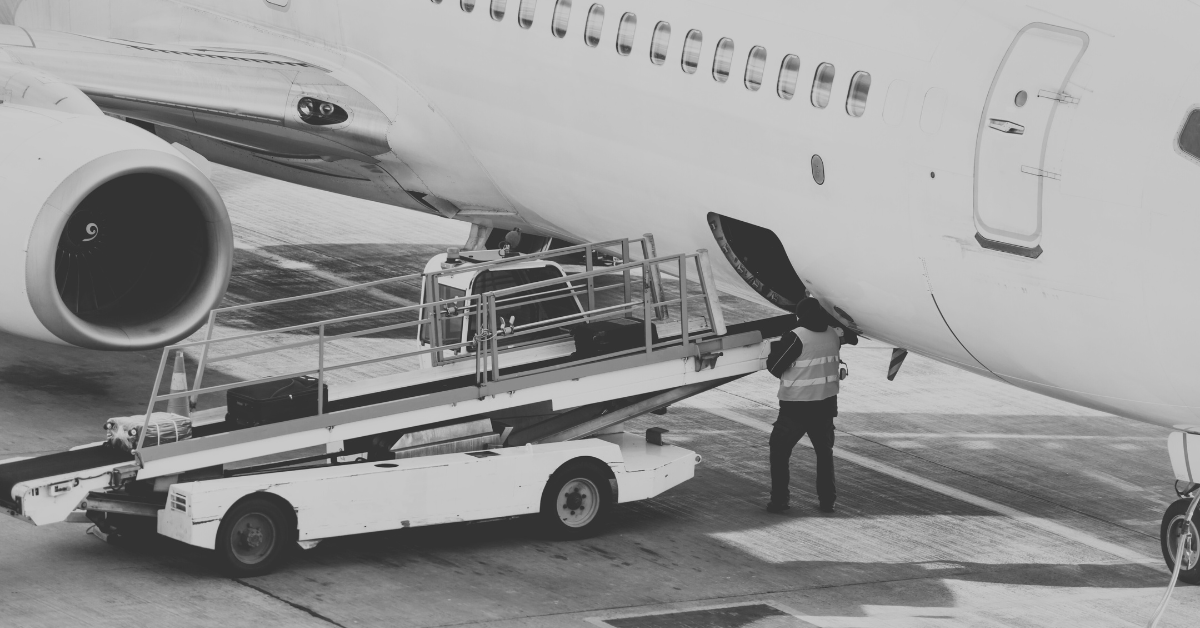Interview by Guillaume Trecan: Républik Supply
Gianni Maes, Chief Sales Officer of Redspher, alerts on the difficulties encountered by the carriers they connect to shippers. The sharp rise in fuel costs is not the only issue. The shortage of equipment and rising labor costs are also soaring.
How does the inflation impact the carriers you connect with shippers on the platform?
One third of the cost of transport is made up of diesel fuel costs, one third by the vehicle and its equipment and one third of the cost by the organization and the drivers. Fuel prices have increased by 27% since the beginning of the year. Due to component shortages, manufacturers have focused on their most profitable products. In the first four months of the year, we have therefore seen increases in two- and three-year rental and leasing contracts ranging from +25% to +40%. The driver shortage is not solved, so the ecosystem will have to make this business more attractive, which will inevitably have an impact on compensation levels. The further implementation of the EU Mobility Package will accelerate the challenges faced by the ecosystem.
What measures have you taken to support your shippers and carriers in the face of this inflation?
To overcome these challenges, the entire transportation ecosystem must take responsibility: shippers, forwarders, small carriers and drivers. We have two main activities: a capacity purchase and resale activity for shippers and a marketplace activity to facilitate transactions between shippers and carriers.
On the purchase for resale side, where we act as an intermediary between shippers and carriers with whom we have tariff agreements, we have taken immediate measures to help the latter cope with the increase in fuel prices. At the end of February, we switched from a quarterly model of indexing transport costs to the cost of diesel fuel to a weekly adjustment. For carriers that operate almost exclusively with our platform, we will apply an increase in their remuneration, excluding fuel. We have opened discussions with shippers to see to what extent they can take on a share of these changes. Most of them are open to these discussions.
But we are convinced that, in the medium to long term, the accumulation of current events will change business models, particularly in the express and time-critical freight market.
Have you seen any impact of the increased charges on carriers?
As soon as the first lockdown ended, we saw some small carriers disappear and others suspended part of their activity, not wanting to incur significant fixed costs, due to a lack of long-term confidence. Between the end of February and the first part of March, carriers put their drivers on leave assuming the fixed costs of renting and insuring the trucks that remained in the parking lot, generated less losses than trying to drive for clients who had not yet committed themselves to taking on part of these increases. While March was very tough, April should mark a stabilization of the situation. Several states are making efforts to stabilize or slightly reduce these surcharges. However, since there are several intermediaries between carriers and shippers, there is always a time lag. The effect of the February increases will not be seen in shippers’ prices until May.
What does the change in business model you mentioned involve?
The introduction of the mobility package, in particular, is likely to bring about a lasting change in the model. All the elements that make up the cost of transport will increase. But shippers are not ready to take 100% of these increases alone. The entire transport ecosystem will be restructured in the coming years. Small forwarders who do not add any particular value, especially for shippers, will see their activity decrease. Redspher, which was originally a carrier in the 80s, became a forwarder in the 90s-2000s, and in this context we started a transition to become a digital platform to facilitate transactions between shippers and carriers. Technology replacing the non-value added actions of a forwarder.
Original article in French language: https://www.republik-supply.fr/transport/route-fer/redspher-l-ecosysteme-du-transport-va-etre-restructure-dans-les-prochaines-annees.html


